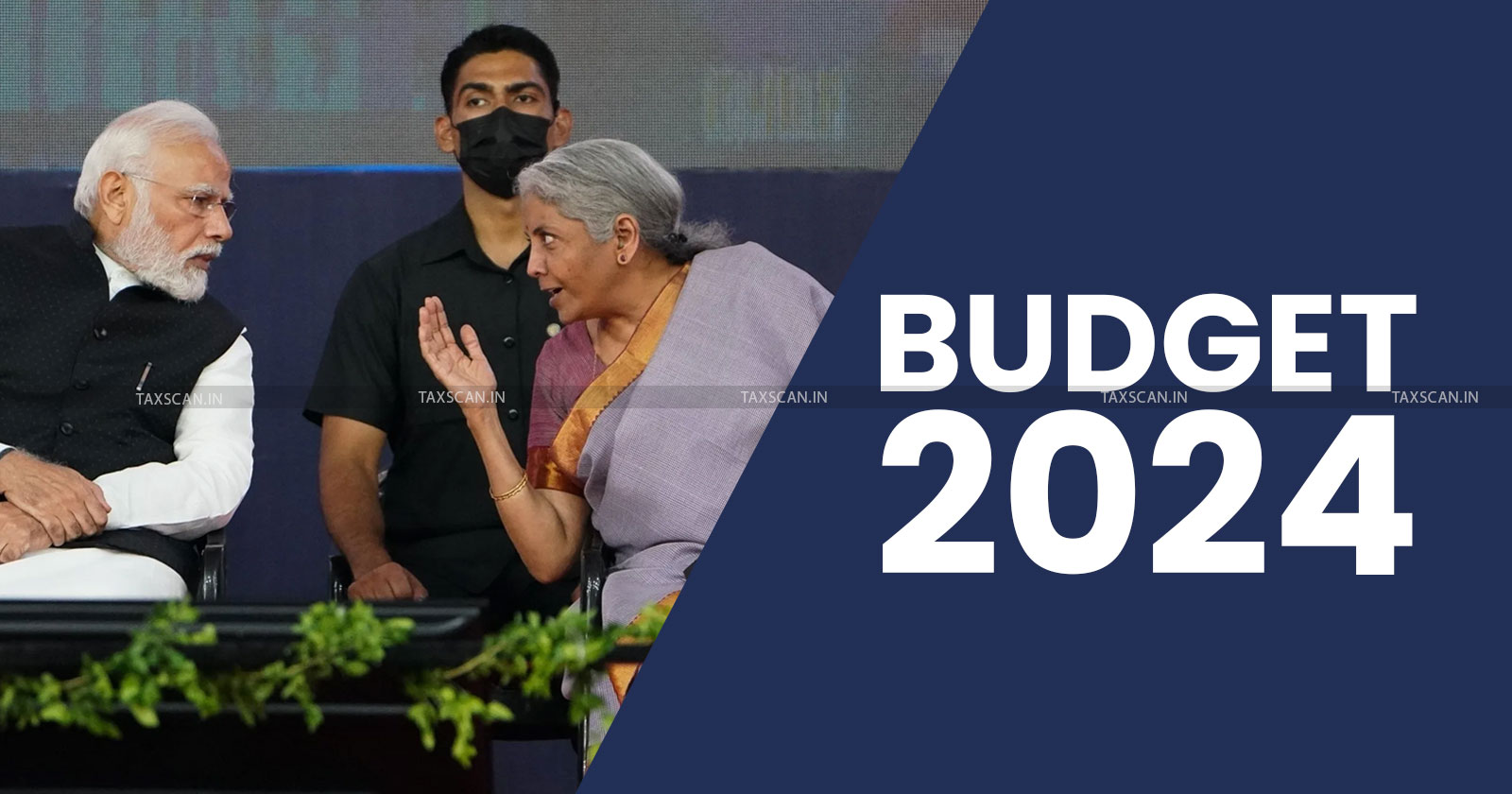Anticipating Lok Sabha Polls, Central Govt set to Unveil Interim Budget 2024 with focus on Welfare and Tax relief; Reports
Insiders have indicated the possibility of improvements in the standard deduction and an increased exemption limit

Lok Sabha – central government – Budget 2024 – TAXSCAN
Lok Sabha – central government – Budget 2024 – TAXSCAN
As the eagerly awaited 2024-25 Interim Budget approaches its unveiling on February 1, the anticipation is centred around the possibility of nuanced tax relief measures and an increased allocation for welfare spending. In a bid to stimulate economic activity, officials are considering adjusting certain income tax rates, with a primary focus on favouring lower-income taxpayers.
Sources have suggested that there could be enhancements in the standard deduction and an elevated exemption limit. This strategic move aims to incentivize taxpayers to shift towards the new income tax regime, with the overarching goal of fostering compliance and streamlining the overall tax system. The Indian Express has reported on these potential developments.
Also read: Budget 2024 and Prospects of Removing Security Transaction Tax : An Impact Analysis
Further insights into the budget reveal that the tax department is actively exploring strategies to enhance revenue collection efficiency. This includes the broadening of the scope of transactions falling under Tax Deducted at Source (TDS) and the implementation of a comprehensive profiling system for taxpayers. Early signs indicate positive outcomes from these initiatives, which have been progressively implemented in recent years.
Reflecting on historical trends, the 2019 interim budget proposed an increase in the standard deduction and TDS threshold, coupled with benefits for farmers and workers in the unorganised sector. In 2014, announcements included excise duty reductions for various vehicle categories and tax relief for mobile handsets. The 2009-10 interim budget witnessed relaxations in fiscal targets, while the 2004-05 budget brought changes in stamp duty, industry revival packages, and significant tax reforms.
Also read: Budget 2024: Gold Loans to be included under Priority Sector Lending
Looking ahead to the imminent budget, the focus is expected to be on infrastructure and welfare spending, with a deliberate emphasis on minimising fiscal impact. Despite this, the government is likely to maintain its emphasis on capital expenditure, albeit at a moderated pace compared to preceding years. The estimated capital expenditure for the fiscal year 2023-24 has been raised to Rs 10 lakh crore.
The Budget session of Parliament, spanning from January 31 to February 9, signifies the concluding session of the 17th Lok Sabha. Finance Minister Nirmala Sitharaman is scheduled to present the Interim Budget on February 1. With Lok Sabha elections anticipated in April-May, the newly elected government is expected to unveil a comprehensive budget in July.
Also Read: Budget 2024: Real Estate Sector hopes for GST Revision to Boost Affordable Housing
Traditionally, the interim budget serves the purpose of approving expenditure for the initial months of the financial year without altering the tax structure. However, some governments have deviated from this norm, introducing policy measures or adjusting tax rates in interim budgets preceding elections.
Interim Budget
The government delivers an interim budget in Parliament when there's insufficient time for a comprehensive budget presentation or when general elections are imminent. If elections are approaching, it is deemed appropriate for the incoming government to formulate the complete budget.
Also Read: Decoding the Economic Survey: Budget 2024 Expectations
The vote-on-account, which is part of the interim budget, requires parliamentary approval to authorise the government to cover expenses for a portion of the fiscal year. The practicality of presenting a full budget diminishes when elections are on the horizon. In such cases, the government opts for an interim budget, essentially serving as a budget for the transitional period, encompassing the remaining months in power.
Also Read: Union Budget 2024: Know the Anticipations of Online Learning Platforms
Despite its interim nature, the budget includes estimates for the entire fiscal year, resembling a regular budget. When the incoming government formulates a new budget, it holds the authority to either agree with or modify these estimates according to its discretion. The Constitution empowers the government to make alterations in the tax regime during the interim budget.
Interestingly, in the history of the 14 interim budgets presented by various governments, no significant tax changes or new schemes have been announced. This trend reflects an acknowledgment of the limited time the government has in power, fostering a sense of continuity rather than introducing major policy shifts during this interim period.
Also Read: Budget 2024: Income Tax Standard Deduction Expectations
Support our journalism by subscribing to Taxscan premium. Follow us on Telegram for quick updates


